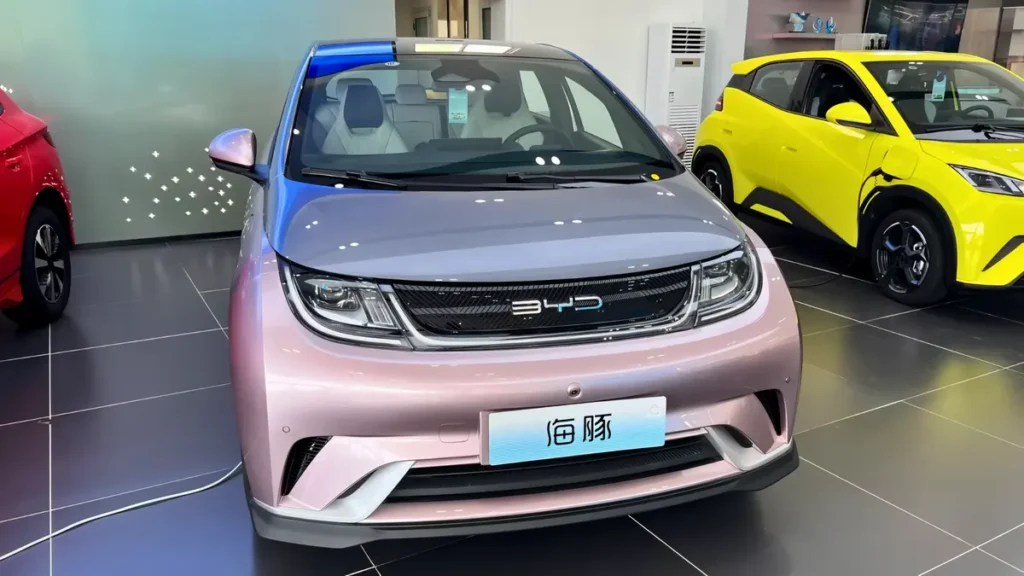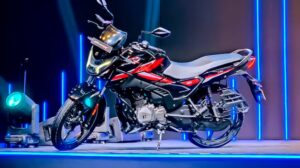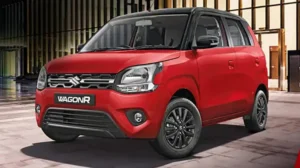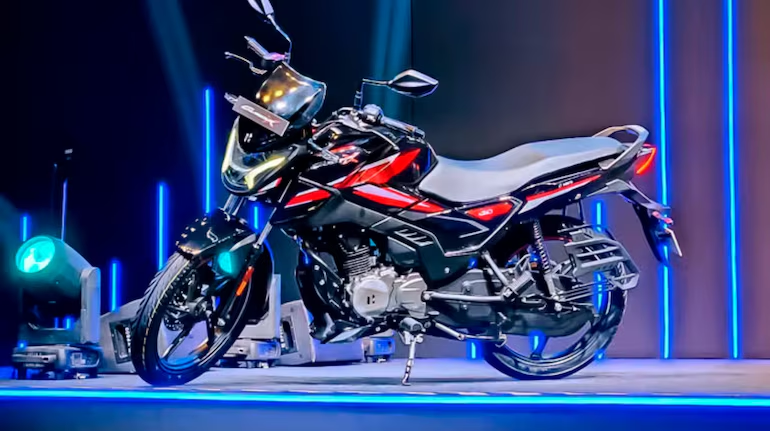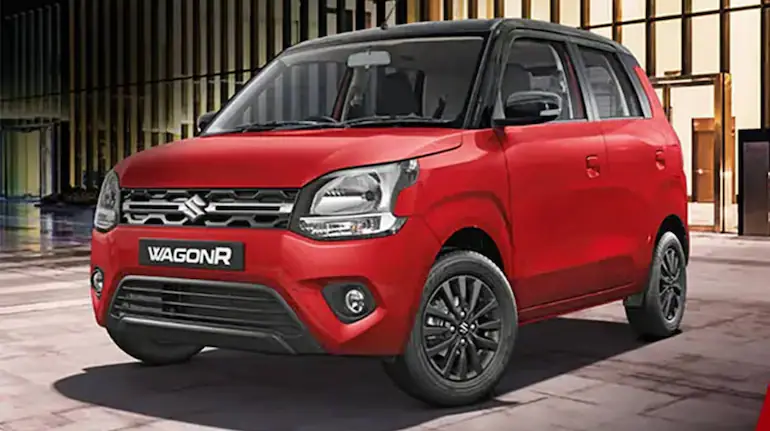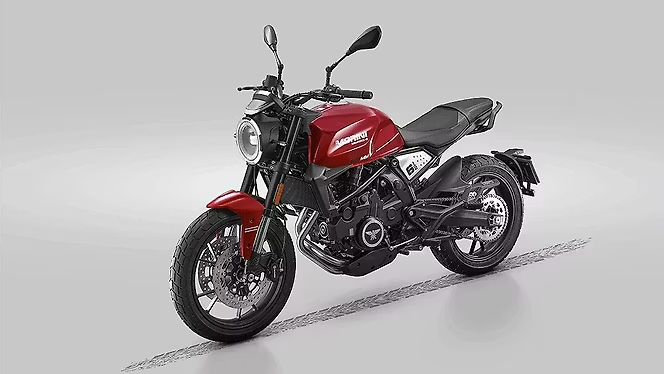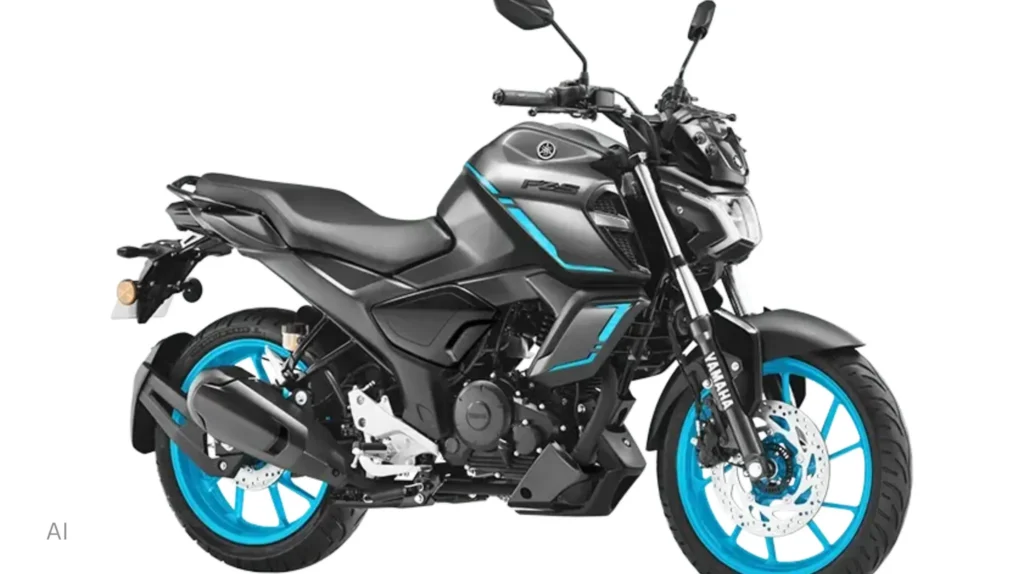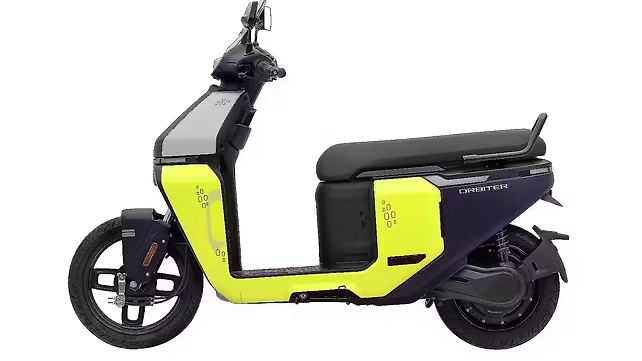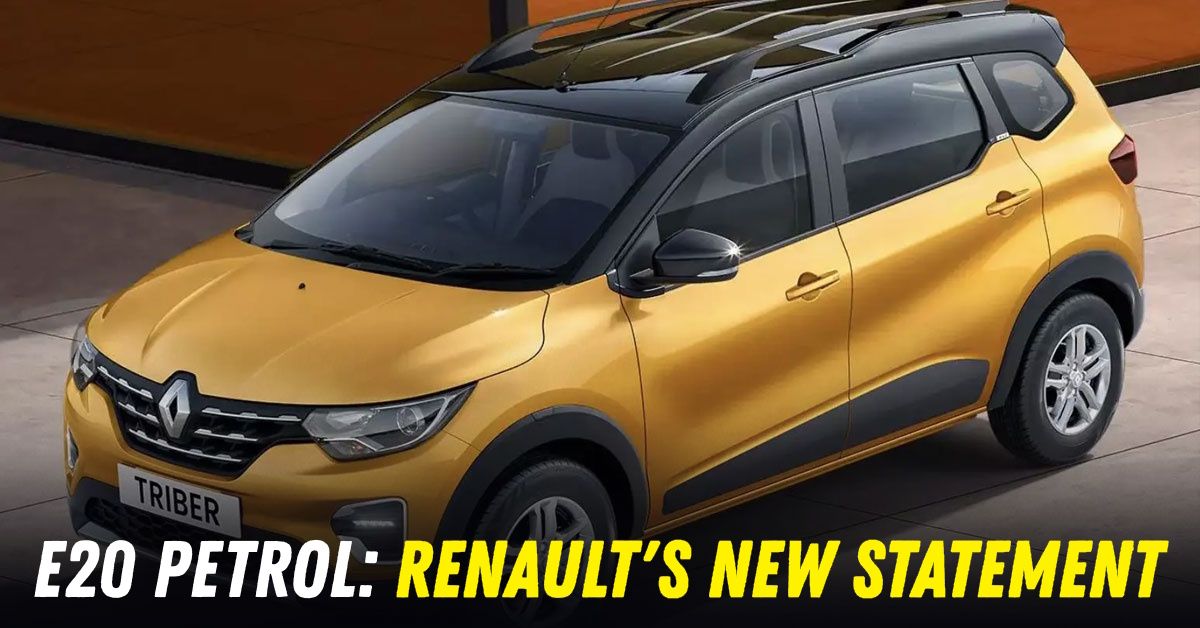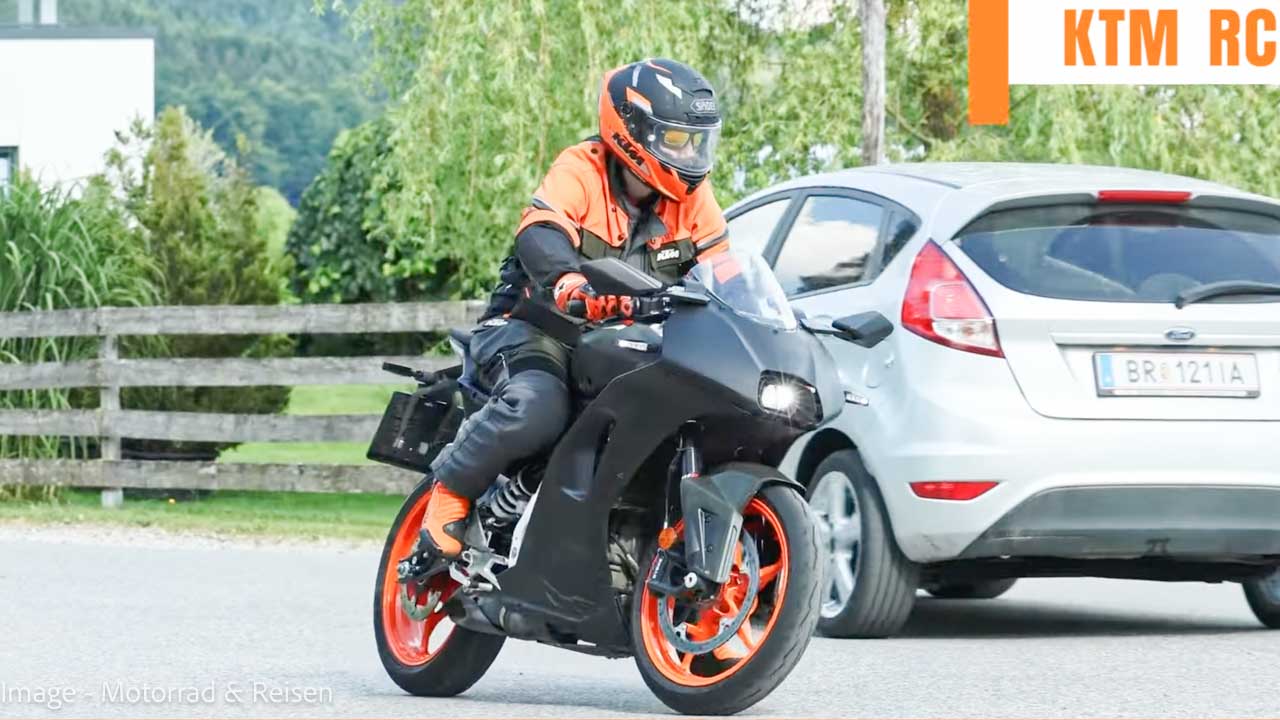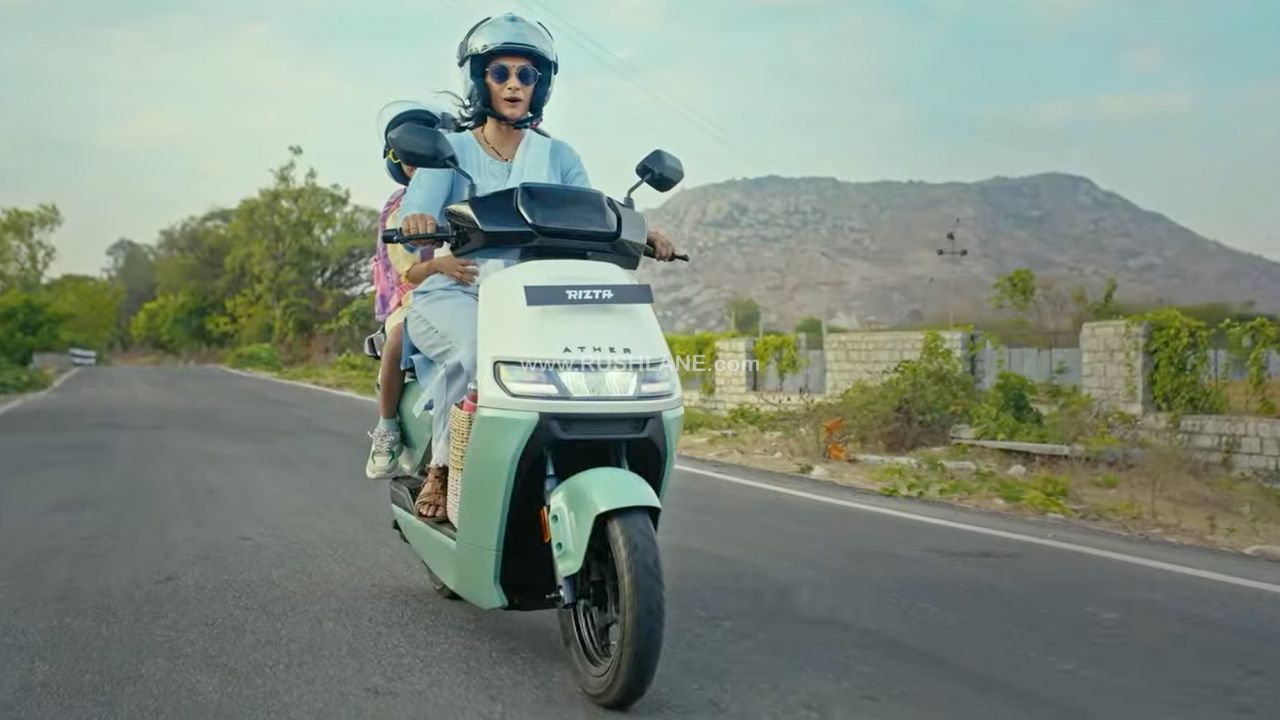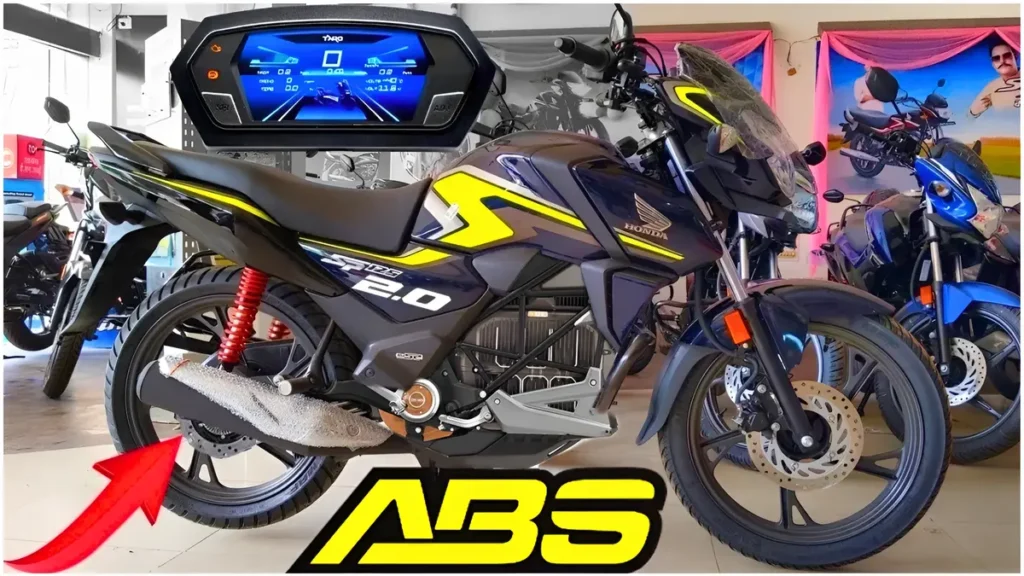Are you tired of skyrocketing fuel prices and endless traffic jams, dreaming of an affordable electric vehicle that doesn’t compromise on performance or style? Enter the world of BYD cheap EV car options, where innovation meets affordability. In this comprehensive guide, we’ll dive deep into BYD’s latest budget-friendly EVs, focusing on models that promise to revolutionize the entry-level segment. Whether you’re a first-time EV buyer or looking to switch from traditional cars, this article will equip you with all the insights needed to make an informed decision. From powerful batteries to impressive ranges, we’ll explore how these vehicles are making electric mobility accessible for everyone in 2025.
Understanding BYD’s Rise in the Affordable EV Market
BYD, short for Build Your Dreams, has emerged as a global powerhouse in the electric vehicle industry. Founded in 1995 as a battery manufacturer, the company transitioned into automotive production and now leads in EV sales worldwide. What sets BYD apart is its vertical integration—producing everything from batteries to semiconductors in-house—which allows for cost efficiencies that translate into lower prices for consumers.
In 2025, BYD continues to dominate the BYD cheap EV car space by targeting emerging markets like India, where demand for budget EVs is surging. With government incentives for electric vehicles and growing environmental awareness, BYD’s strategy focuses on delivering high-value features at entry-level prices. For instance, their latest models incorporate advanced Blade Battery technology, known for its safety and longevity, without inflating costs.
Key Features of BYD’s Budget EVs
BYD’s affordable lineup emphasizes practicality. Here’s a breakdown:
- Battery Technology: The proprietary Blade Battery uses lithium iron phosphate (LFP) chemistry, offering superior thermal stability and a lifespan of over 1 million kilometers.
- Range and Efficiency: Entry models boast ranges exceeding 300 km on a single charge, ideal for urban commuting.
- Design and Comfort: Sleek exteriors with modern interiors, including touchscreen infotainment and spacious cabins.
- Safety Standards: Multiple airbags, ABS, and advanced driver-assistance systems (ADAS) come standard.
These elements make BYD cheap EV car models not just economical but also reliable daily drivers.
Spotlight on BYD’s Most Affordable EV Models in 2025
BYD has several models under ₹10 lakh, but the star is the rumored entry-level hatchback inspired by the global Seagull, adapted for markets like India. Priced around ₹7 lakh, this BYD cheap EV car combines compact size with robust performance.
The BYD Seagull: A Game-Changer for Budget Buyers
Launched globally in 2023 and expanding in 2025, the BYD Seagull (known as Dolphin Mini in some regions) is a subcompact EV that’s perfect for city dwellers. Measuring under 3.8 meters, it’s nimble yet packs a punch.
- Pricing: Starting at approximately ₹7 lakh in India (after subsidies), making it one of the most accessible EVs.
- Battery and Range: A 30 kWh battery delivers up to 405 km (ARAI-certified) range, with fast charging from 30% to 80% in under 30 minutes.
- Performance: 70 kW motor for 0-100 km/h in about 12 seconds, suitable for highway use.
- Interior Highlights: 10-inch touchscreen, wireless charging, and voice-activated controls.
Real-world example: In China, Seagull owners report averaging 15-18 kWh/100 km in mixed driving, translating to running costs under ₹1 per km—far cheaper than petrol cars.
BYD e2: The Compact Sedan for Families
For those needing more space, the BYD e2 offers sedan comfort at a budget price. Updated for 2025, it’s a step up from hatchbacks.
- Pricing: Around ₹8-9 lakh, positioning it as a BYD cheap EV car alternative to competitors like Tata Nexon EV.
- Battery Options: 38 kWh pack for 400+ km range.
- Tech Features: Supports over-the-air (OTA) updates, Apple CarPlay, and a 360-degree camera.
- Safety: Euro NCAP 5-star rating equivalent, with regenerative braking for enhanced efficiency.
Case study: A fleet operator in Bangalore switched to BYD e2 vehicles in early 2025, reducing operational costs by 40% compared to diesel sedans, thanks to low maintenance and energy efficiency.
Comparison Table: BYD Cheap EV Cars vs. Competitors
To help you decide, here’s a side-by-side comparison of popular budget EVs in India as of 2025:
| Model | Starting Price (₹ Lakh) | Range (km) | Battery Capacity (kWh) | Key Features | Pros | Cons |
|---|---|---|---|---|---|---|
| BYD Seagull | 7 | 405 | 30 | Compact design, fast charging | Affordable, efficient | Limited boot space |
| BYD e2 | 8 | 400 | 38 | Spacious interior, ADAS | Family-friendly, tech-packed | Slightly higher price |
| Tata Punch EV | 7.5 | 315 | 25 | Rugged build, off-road mode | Versatile, Indian-made | Shorter range |
| MG Comet EV | 6.5 | 230 | 17.3 | Ultra-compact, easy parking | Cheapest entry | Limited range for highways |
This table highlights how BYD models offer superior range and battery tech, making them standout BYD cheap EV car choices.
Battery Technology: The Heart of BYD’s Affordable EVs
BYD’s Blade Battery is a revolutionary LFP design that’s puncture-resistant and fire-safe, outperforming traditional NMC batteries in durability. In 2025, enhancements include higher energy density, allowing smaller packs for the same range—key to keeping prices low.
Charging Infrastructure and Ownership Costs
Owning a BYD cheap EV car means embracing a growing ecosystem. In India, BYD partners with charging networks like Tata Power, offering over 50,000 points nationwide. Home charging via a standard 15A socket takes 8-10 hours for a full charge.
Breakdown of costs:
- Initial Purchase: ₹7-9 lakh, with subsidies up to ₹1.5 lakh under FAME-III scheme.
- Running Costs: Electricity at ₹5-7/kWh means ₹200-300 for a full charge.
- Maintenance: Minimal, with no oil changes; expect ₹5,000-10,000 annually.
- Resale Value: High due to battery warranties up to 8 years/1.6 lakh km.
Example: A Mumbai commuter driving 1,000 km monthly saves ₹4,000-5,000 on fuel alone compared to a petrol hatchback.
Environmental Impact and Sustainability
Switching to a BYD cheap EV car isn’t just about savings—it’s about going green. BYD’s EVs produce zero tailpipe emissions, reducing urban pollution. The company’s commitment to recycling batteries ensures minimal environmental footprint.
In 2025, BYD aims for carbon-neutral production, aligning with global sustainability goals. Case study: In Shenzhen, BYD’s home city, widespread EV adoption has cut CO2 emissions by millions of tons annually.
What’s New in BYD EVs for 2025
2025 brings exciting updates to BYD’s lineup:
- Enhanced Connectivity: Integration with 5G for real-time traffic and remote diagnostics.
- Autonomous Features: Level 2 ADAS standard on budget models, including adaptive cruise control.
- Battery Upgrades: Faster charging speeds up to 100 kW DC.
- Market Expansions: New variants tailored for India, with Hindi-language interfaces and rugged suspensions for local roads.
These innovations keep BYD cheap EV car models ahead of the curve.
Pros and Cons of Owning a BYD Cheap EV Car
Pros
- Exceptional value for money with premium features.
- Low operating costs and high efficiency.
- Strong build quality and safety ratings.
- Growing service network in key markets.
Cons
- Limited availability in rural areas initially.
- Charging infrastructure still developing in some regions.
- Higher upfront cost than basic petrol cars (offset by savings).
Integrating BYD EVs into Daily Life
Imagine zipping through city streets in silence, with instant torque and no emissions. BYD owners often share stories of seamless integration—using apps to precondition the car or locate chargers. For families, the spacious e2 model handles school runs and weekend trips effortlessly.
Conclusion
In summary, BYD cheap EV car models like the Seagull and e2 are redefining affordable electric mobility with powerful batteries, impressive ranges, and stylish designs—all starting at just ₹7 lakh. They offer tremendous value, environmental benefits, and cutting-edge tech, making them ideal for budget-conscious buyers in 2025. If you’re ready to make the switch, explore these options today. Share your thoughts in the comments below, or sign up for our newsletter at EVInsightsHub.com for the latest EV updates. Let’s drive towards a greener future together!
FAQs
What is the price range for BYD cheap EV cars in India?
BYD’s budget EVs start at around ₹7 lakh for models like the Seagull, after subsidies. This includes features like a 400 km range and fast charging, making them competitive with petrol cars in total ownership costs.
How does the battery life of BYD EVs compare to others?
BYD’s Blade Battery lasts over 1 million km with minimal degradation, outperforming many competitors. It uses safe LFP chemistry, backed by an 8-year warranty, ensuring long-term reliability for daily use.
Are BYD cheap EV cars suitable for long drives?
Yes, with ranges up to 405 km, they’re great for intercity trips. Plan routes with charging stops via apps. Real users report comfortable highway performance, though ultra-long drives may need more frequent charges.
What subsidies are available for buying a BYD EV in 2025?
Under India’s FAME-III scheme, buyers can get up to ₹1.5 lakh off on EVs under ₹10 lakh. State incentives vary, potentially reducing the effective price further—check local EV policies for details.
How safe are BYD’s affordable EVs?
BYD models achieve 5-star safety ratings with features like multiple airbags, ABS, and ADAS. The Blade Battery’s fire-resistant design adds extra protection, proven in rigorous global tests.
Is maintenance expensive for BYD cheap EV cars?
No, maintenance is low—around ₹5,000-10,000 yearly, mainly for tires and software updates. No engine oil or filters mean big savings over traditional vehicles.
